
Ammara Mushtaq, MD, discusses the underrepresentation of different races during the pandemic, but also the newer efforts to include and represent these communities in smaller, local studies.

Ammara Mushtaq, MD, discusses the underrepresentation of different races during the pandemic, but also the newer efforts to include and represent these communities in smaller, local studies.
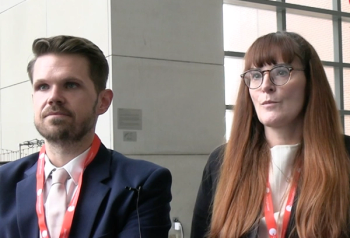
Katrine Wallace, PhD, and Eric John Burnett, MD, discuss the distinctions between them and strategies to understand better the information people are consuming.

Uzma Syed, MD, DO discussed how various factors increase women’s susceptibility to AMR, the importance of policies, and the need for culturally specific education and advocacy to improve health outcomes.
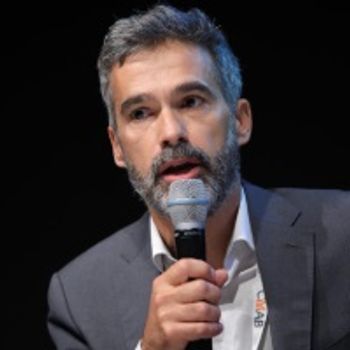
At the World AMR Congress, Yann Ferris discussed how leveraging partnerships enhances the fight against antimicrobial resistance.

The benefits, challenges, and prospects of wastewater data in enhancing public health strategies against AMR.
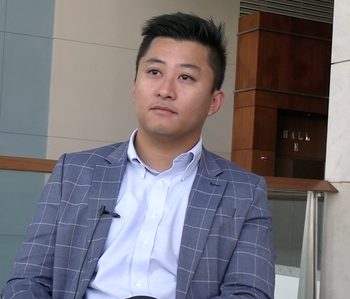
Kevin Nguyen, PharmD, offers some insights on some of the challenges in the outpatient setting with regards to stewardship, and novel strategies being utilized.

Syra Madad, DHSC, MSc, MCP, CHEP, outlines early surveillance systems and diagnostic innovations for enhancing pandemic management and response.
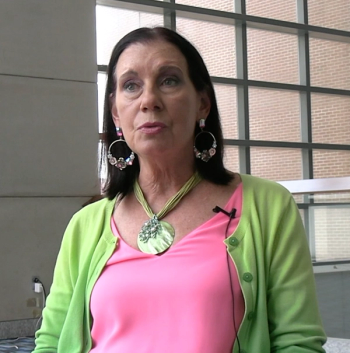
Debra Goff, PharmD, discusses her advocacy around this topic and bringing the stewardship message to dentists about how antibiotic prescribing practices have changed and getting them to recalibrate their thinking and actions in their field.

James Graham, CEO discussed the company's progress in developing a new antibiotic for sepsis and diabetic foot ulcers.
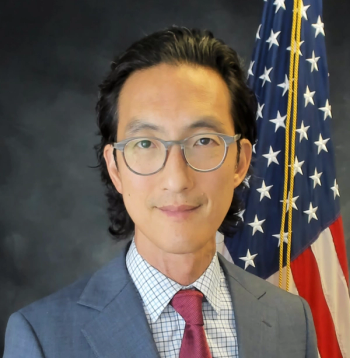
Benjamin Park, MD, offers insights on the federal agency’s role in AMR.

Britton Strickland, MD discusses innovations in microbiome research and their impact on antimicrobial resistance.
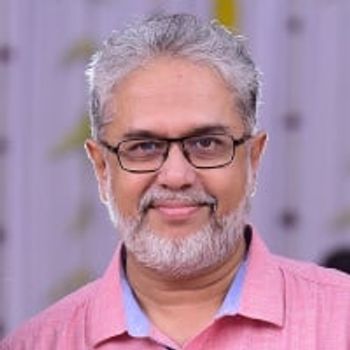
Bala Subramanian, PhD, highlights how the novel antibiotic BWC0977, with its dual intravenous and oral formulation, is poised to transform the fight against antimicrobial resistance.
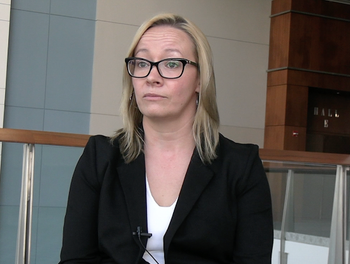
Jennifer Ronholm, PhD, discusses the novel concept of microbiome protection to create healthier animals and reduce antimicrobial usage.

Akhila Kosaraju, MD, addresses overcoming key challenges in antibiotic development using AI, a nonprofit model, and supportive policies.
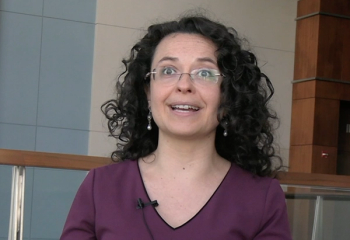
Amanda Jezek, of the Infectious Diseases Society of America (IDSA), offers some insight on the prospective bill in Congress, as well as other AMR initiatives the organization is involved in.

Insights from Catherine Bertrand Ferrandis, DVM, on the role of One Health and interdisciplinary collaboration.

After Diane Shader Smith lost her daughter, Mallory, to a multidrug resistant infection, she turned her personal tragedy into a mission designed to inform people about antimicrobial resistance (AMR), and have the public coalesce around this expanding medical issue.
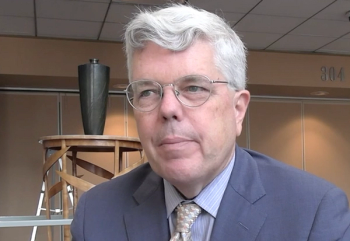
Although the current reimbursement model makes it difficult for pharmaceutical companies to recoup their investments, a subscription model like the prospective congressional bill, the Pasteur Act, may help change that paradigm. In addition, there are international measures being carried out that may bring about changes.
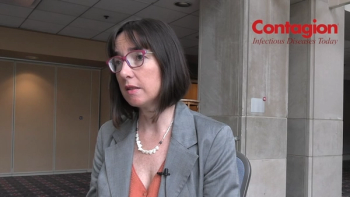
The subject is one where it does not garner the attention of other serious health topics, but key stakeholders say it should.
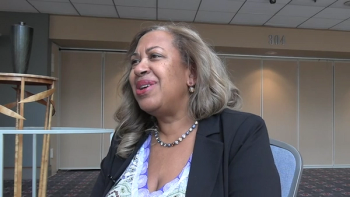
Through policy and fostering innovation, the Biotechnology Innovation Organization (BIO) is working towards reducing antimicrobial resistance (AMR).
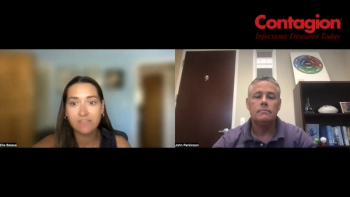
Patient advocate Ella Balasa has been living with cystic fibrosis her whole life. She experienced a multidrug resistant infection in 2019 and is speaking about her personal experiences at the World AMR Congress reminding people about the need to improve the antibiotic development paradigm.

Antimicrobial resistance is “the silent pandemic,” Dr. Leonard Friedland says, and vaccines are how we fight it.
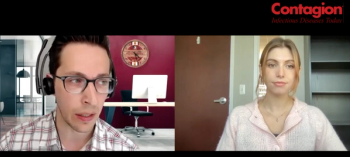
Antimicrobial stewardship efforts need infectious disease doctors, but they are in short supply. Telehealth may be the answer.

Anti-microbial resistance surveillance creates publicly accessible records that identify emerging trends in AMR and inform policy to prevent it.

Antimicrobial resistance is a growing problem that requires international collaboration to educate the general public and stakeholders, while simultaneously developing solutions.

Highlights from the sessions of the World Anti-Microbial Resistance Congress 2021 included addressing the global threat for AMR and looking at real world data and real world evidence to deter resistance.

Anti-microbial resistance is one of the most critical issues in healthcare, and the CDC and WHO addressed these concerns with plans to fight back against AMR at the annual world congress.